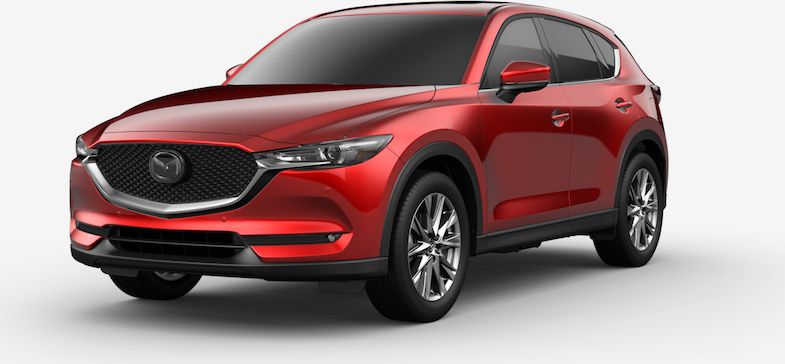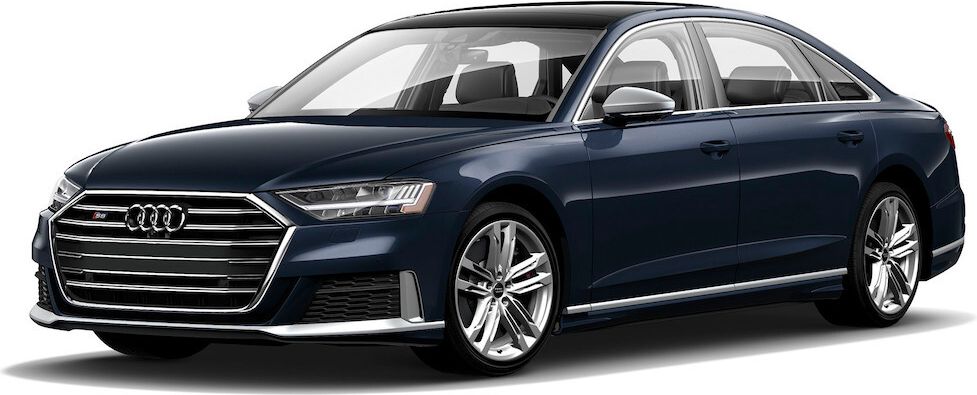Are you in the market for a new car? Congratulations! Purchasing a new vehicle is an exciting venture, but it can also be a significant financial commitment. With the right approach and some savvy strategies, you can save money and make the car-buying process more manageable. In this comprehensive guide, we'll explore a variety of savings tips to help you get the best deal on your new car.

Research Extensively Beforehand
One of the most crucial steps in saving money on a new car is thorough research, which includes identifying your needs and preferences such as budget considerations, different car brands and models, dealership comparisons for prices and incentives, and assessing the long-term cost of ownership including resale value projections. It is important to keep track of your money throughout this process, as it allows you to determine how much you can afford to spend on a new car, taking into account your income, expenses, and savings goals.
By arming yourself with knowledge and staying mindful of your financial situation, you'll be better equipped to negotiate and make informed decisions during the buying process, ultimately maximizing your savings and ensuring a wise investment in your new vehicle.
Consider Buying a Pre-Owned Vehicle
While purchasing a brand-new car may be appealing, buying a pre-owned vehicle can offer significant cost savings:
Depreciation: New cars typically depreciate rapidly during the first few years. By buying a pre-owned car, you can avoid the initial depreciation hit.
Lower Insurance Costs: Pre-owned cars often come with lower insurance premiums compared to new cars.
Certified Pre-Owned Programs: Many manufacturers offer certified pre-owned programs that include extended warranties and thorough inspections, providing peace of mind for buyers.
Before deciding, weigh the pros and cons of new versus pre-owned cars based on your budget and preferences.
Negotiate the Price Effectively
Negotiating the price of a car is an art form that can save you hundreds or even thousands of dollars. Keep these tips in mind when negotiating:
Do Your Homework: Know the market value of the car you want to buy, including any incentives or discounts offered by the manufacturer.
Be Prepared to Walk Away: Don't be afraid to walk away from a deal if it doesn't meet your expectations. Dealerships may be more willing to negotiate when they see you're serious.
Focus on Out-the-Door Price: Instead of just negotiating the monthly payment, focus on the total out-the-door price, including taxes, fees, and add-ons.
Consider Timing: End-of-month, end-of-quarter, and end-of-year periods can be advantageous for negotiating, as dealerships may be eager to meet sales targets.
Explore Financing Options Carefully
How you finance your new car can significantly impact your overall cost. Consider these financing tips:
Compare Loan Offers: Shop around for car loans from different lenders, including banks, credit unions, and online lenders. Compare interest rates, loan terms, and fees to find the best deal.
Understand APR vs. Interest Rate: Pay attention to the Annual Percentage Rate (APR), which includes both the interest rate and any additional fees, to get a clear picture of the total cost of borrowing.
Consider Leasing: Leasing can offer lower monthly payments and the opportunity to drive a newer car more frequently, but it may come with mileage restrictions and other limitations.
Take Advantage of Incentives and Rebates
Manufacturers and dealerships often offer incentives and rebates to attract buyers. These can include:
Cash Rebates: Direct discounts are applied to the purchase price of the car.
Low-Interest Financing: Special financing rates or zero-percent APR offers for qualified buyers.
Lease Deals: Promotional lease offers with reduced monthly payments and down payments. Be sure to research and inquire about any available incentives or rebates that could lower your overall cost.

Purchasing a new car is a significant financial decision, but it doesn't have to break the bank. By researching extensively, leveraging online tools, negotiating effectively, exploring financing options, and taking advantage of incentives, you can save money and make a smart investment in your transportation needs. Remember to consider all costs, stay flexible, and take your time to find the perfect car at the right price. With these savings tips in mind, you'll be well-equipped to navigate the car-buying process with confidence and financial savvy. Happy driving!




